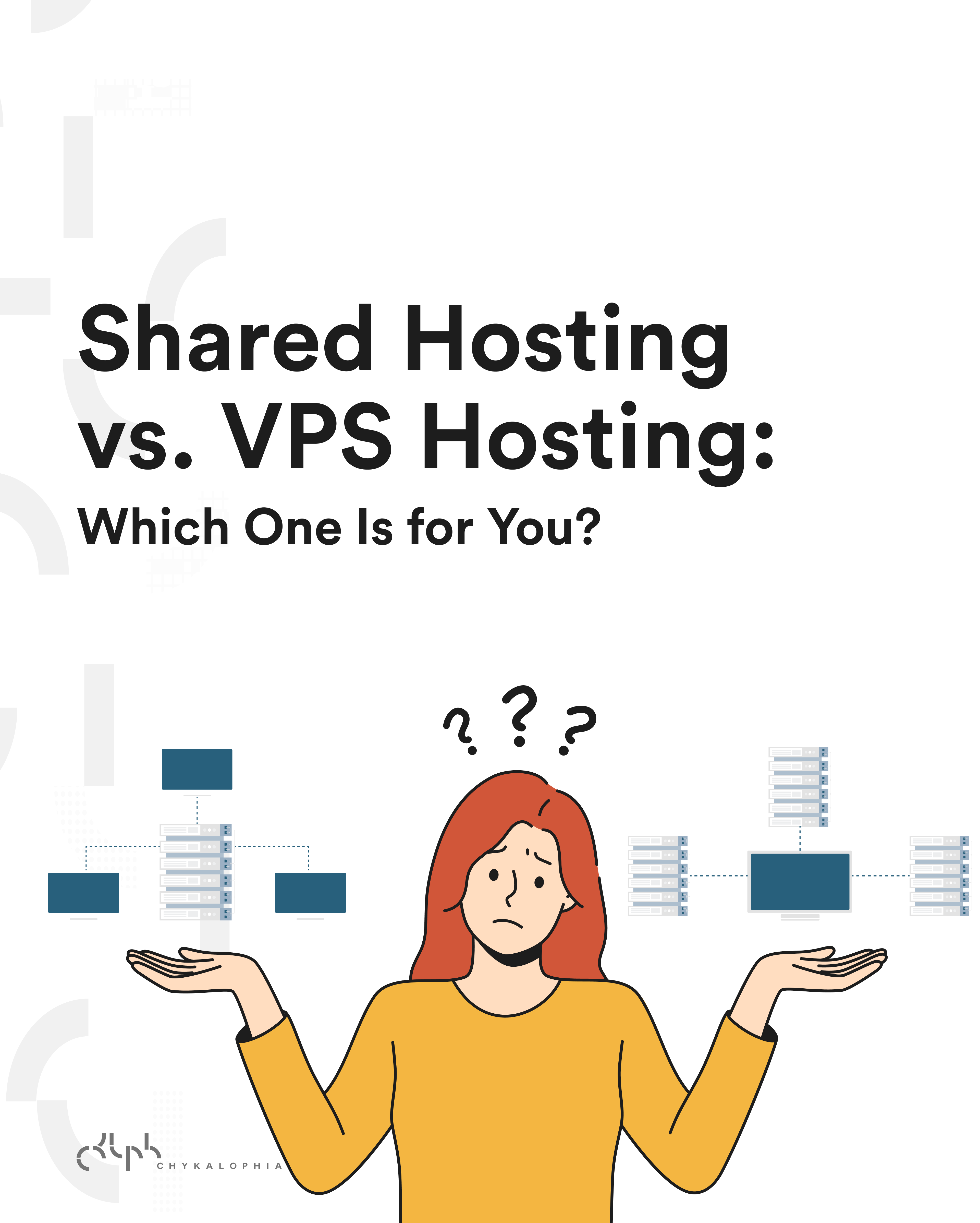We present you: an easy-to-understand guide about the most commonly used types of hosting for WordPress. This guide is made for you, non-tech business owners, to stop you from scratching your head when it comes to the tech side of your work.
Table of Contents
For non-tech business owners, all the IT necessities can be such a pain in the neck.
But knowledge is power, so let’s roll up our sleeves and start learning — first about WordPress hosting. Why WordPress, you ask? Because WordPress is one of the most preferred open-source content management systems (CMS), used by more than 60M live websites globally.
Open-source CMS. Let that sink in.
Because being open-source means you need a web hosting service to build your website using WordPress. Now, what is that? 🤔
What is website hosting?
Web hosts are like digital landlords.
When you rent a room, apartment, house, or commercial space, the landlord lets you use the facilities like power, water, plumbing, and more, right? Now when you build a website, you rent from the web host and they provide you with a digital space in the server, database, software, etc.
Just like how there are different landlords and property agents, there are also various types of hosting. Let’s see the most common types for WordPress.
3 common types of hosting for WordPress
There are many types of web hosting services you can choose based on your business size, needs, resources, and budget. The most commonly used types of hosting for WordPress are:
- Shared hosting
- VPS hosting
- Managed WordPress
Let’s compare the three of them!
1. Shared Hosting
This is the most affordable one of the three types of hosting for WordPress, with bare-minimum service and support.
As the name implies, you share the digital space with other websites. A shared host provides small spaces to accommodate hundreds of websites, so it’s like renting a small kiosk in a big shopping center. This means that you get to rent at lower prices, but also have to compromise the facilities. Expect relatively slower speed, lower performance, limited customization, and less support from the host.
✅ Shared hosting is best for:
- Personal websites & portfolios
- Company profiles
- Blogs
- Testing a small, new business site
❌ Don’t use shared hosting for:
- E-commerce sites
- Online stores
- Businesses with a complex user flow
2. VPS Hosting
Virtual Private Server or VPS hosting. With this type of hosting, you still share the digital space you rent. However, the space isn’t as cramped and crowded as a shared host.
If you choose VPS hosting, you rent a bigger digital space with fewer neighboring websites. You also get more flexibility and control over your site. VPS hosting allows more robust scaling up for when your business and website are growing. You even get better performance and support whenever you encounter an issue or bug.
With more control, enhanced flexibility, and scalability that you get, you also need to have deeper technical knowledge when you choose VPS hosting for WordPress. Budget-wise, it’s also more expensive compared to shared hosting, which may not be suitable for small businesses.
Another way to look at it is that a virtual private server is almost like having a real physical server all to yourself, except smaller and you don’t have to worry about the hardware.
✅ VPS hosting is best for:
- Scaling small businesses
- Online stores with limited products and a simple user flow
❌ Don’t use VPS hosting if:
- You’re just testing the waters
- Building an e-commerce or online store with hundreds of SKUs
3. Managed WordPress
Of all the three types of hosting we’re covering, only this one is specifically tailored for WordPress sites.
Managed WordPress hosting is more of a tailored and hands-off experience, and for that, you do have to pay a premium. This, however, is what we usually recommend for our clients.
Managed WordPress hosting provider handles most of the tech stack for you and sometimes can help do WordPress, theme, and plugin updates for you. You may also get automated setups and backups, as well as typically 24/7 support, better optimization, more advanced security, built-in caching, and early security detection, among others.
✅ Managed WordPress hosting is best for:
- Agencies and enterprises
- WordPress professionals
- High-traffic websites
❌ Don’t use managed WordPress hosting if:
- You don’t have a dev team
- You’re working with a limited budget and resources
Which one is the best WordPress hosting?
Please note that these are not the only types of hosting for WordPress. There are also dedicated hosting and cloud hosting, which we will talk about soon. However, these three are very commonly used and cover the basics you need, especially if you’re a business owner with limited tech knowledge and background.
Choose the type of hosting that reflects what your business needs. For example, Chykalophia’s clients are mostly medium-sized or small businesses that are ready to scale. So, we often recommend managed WordPress hosting like Flywheel or WP Engine.
Get more tech insights for non-tech business owners! Subscribe to our bi-weekly newsletter below.






